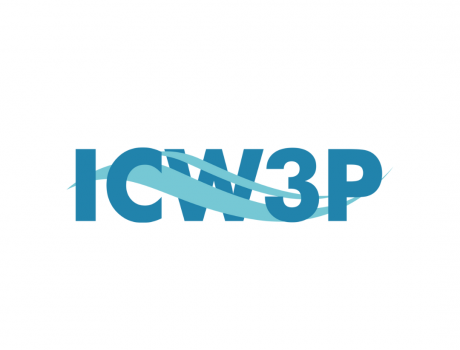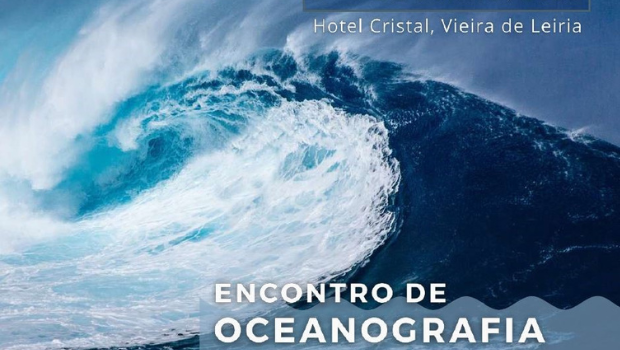ICW3P aims to assess primary production variability on the Portuguese continental margin over the last millennium (Little Ice Age to present climate warming), through a high-resolution reconstruction combining biological, biogeochemical and genomic proxies.
ICW3P will reconstruct the microplankton community structure through assemblages, biogeochemical compounds and 18S metabarcoding of sedimentary ancient DNA (SedaDNA) to reconstruct primary production (PP) variations and disentangle their main drivers.
Sediment records offshore Porto, Lisbon and Faro will be studied by a multidisciplinary international team eager to contribute to UN 2030 Agenda SDG goals; to the education of young researchers; to the ocean literacy of the society at large; and to provide reliable data to advance numerical modelling of PP evolution in a warming world.
Project Tasks: Task 1:
Task 2:
Task 3:
Task 4:
Task 5:
Task 6:
Main results/outputs
Physico-chemical characterization of sediments
Phytoplankton and OM isotopes’ time-series
Coccolithophores and Sedimentary DNA
Lipid biomarkers & Forams’ isotopic composition
Conceptual Model of the impact of climate warming in the coastal upwelling system and primary production off Portugal over the last millennium
Outputs:
Scientific diffusion through the publication of project results in international journals, master thesis, technical reports and at international meetings;
Promotion of ideas debate and knowledge exchange in a brainstorming meeting;
Training of students and young researchers;
Production of one institutional animated short film and participation at school/society events to explain how this project’s main results impact on society daily life.
VIDEO
Posters: Impact of climate warming in the coastal upwelling system and primary production off Portugal: a study linking classical and emergent proxies
Members: CCMAR - Fátima Abrantes (CCMAR / IPMA), Lívia Gebara Cordeiro (IPMA / CCMAR), Maria Emília Salgueiro (CCMAR / IPMA), Ester Serrão, Aschwin Engelen, Gareth Pearson, Tânia Aires, Teresa Rodrigues (IPMA / CCMAR), Cristina Lopes (IPMA / CCMAR)
IPMA - Vitor Magalhães, Marta Mega Rufino, Warley de Amorim Soares, Teresa Drago
GEUS - Sofia Isabel dos Santos Ribeiro
USAL - Andrés S. Rigual-Hernández, José-Abel Flores
PUC-Rio - Renato Carreira
Marum - Henning Kuhnert
Weizmann Institute of Science - Aldo Shemesh
Acknowledgments: Branding: José Abrantes <https://vimeo.com/user8435339 >
Funding



